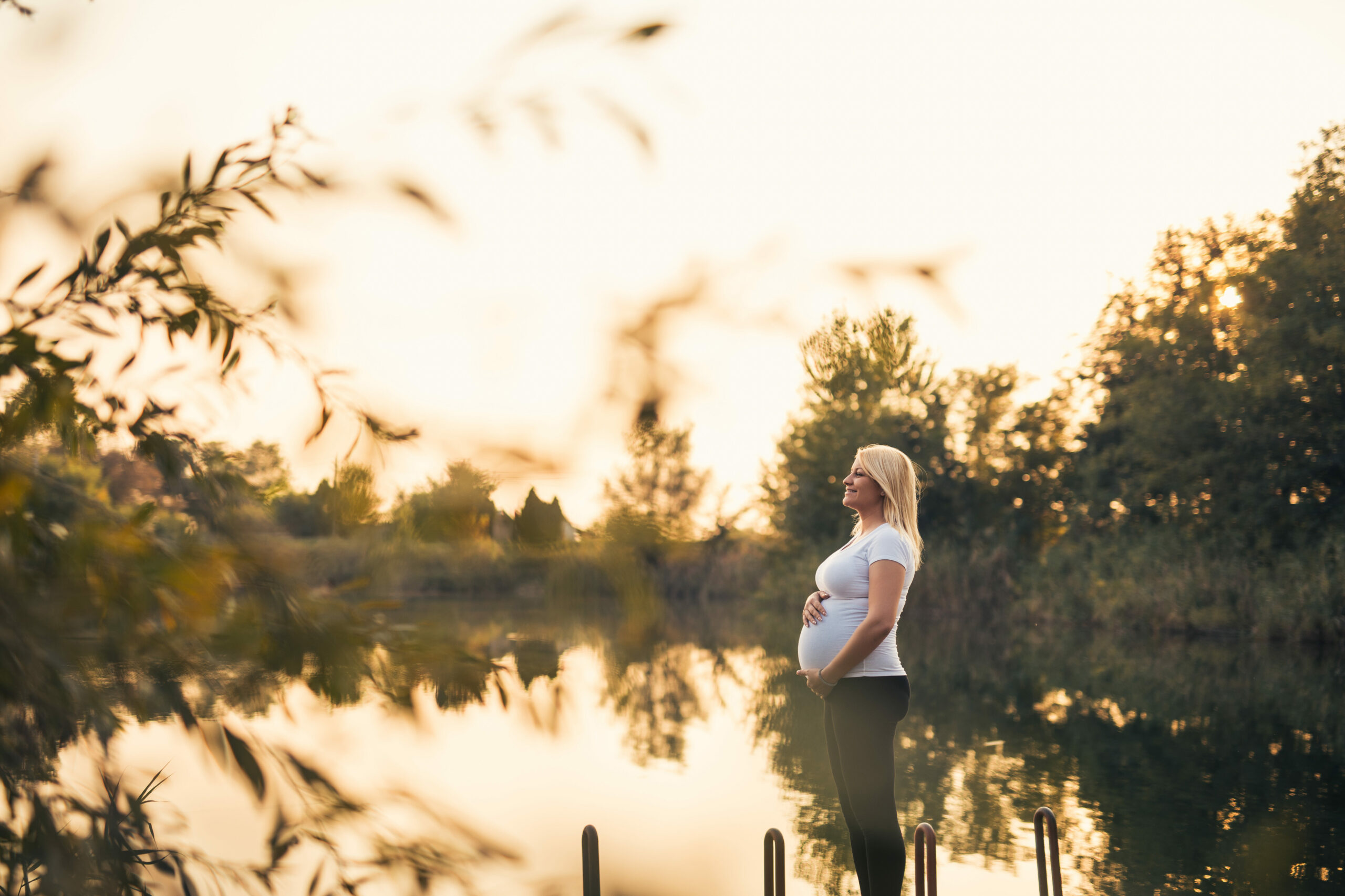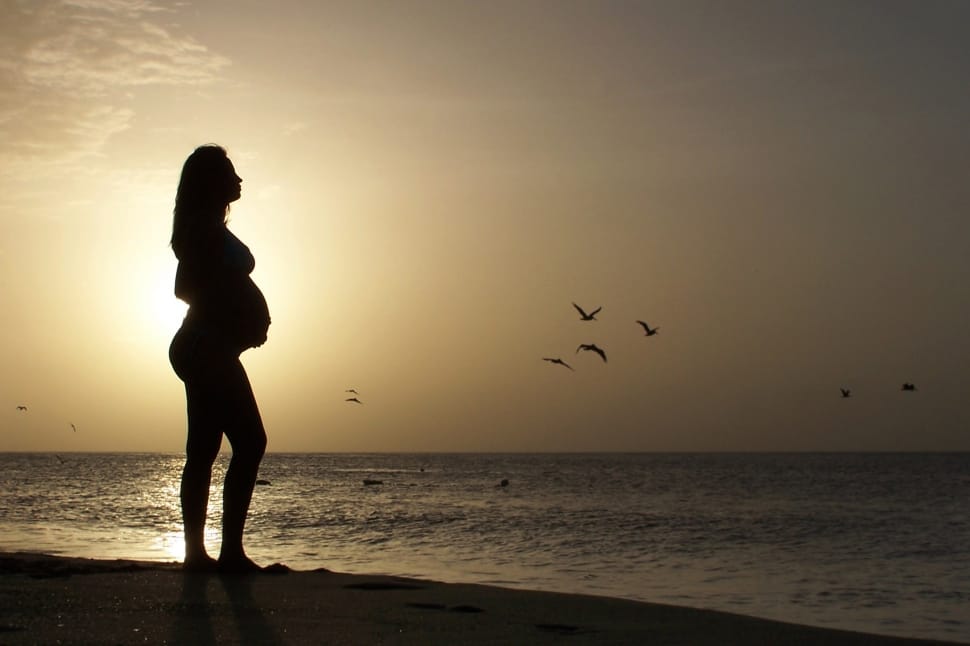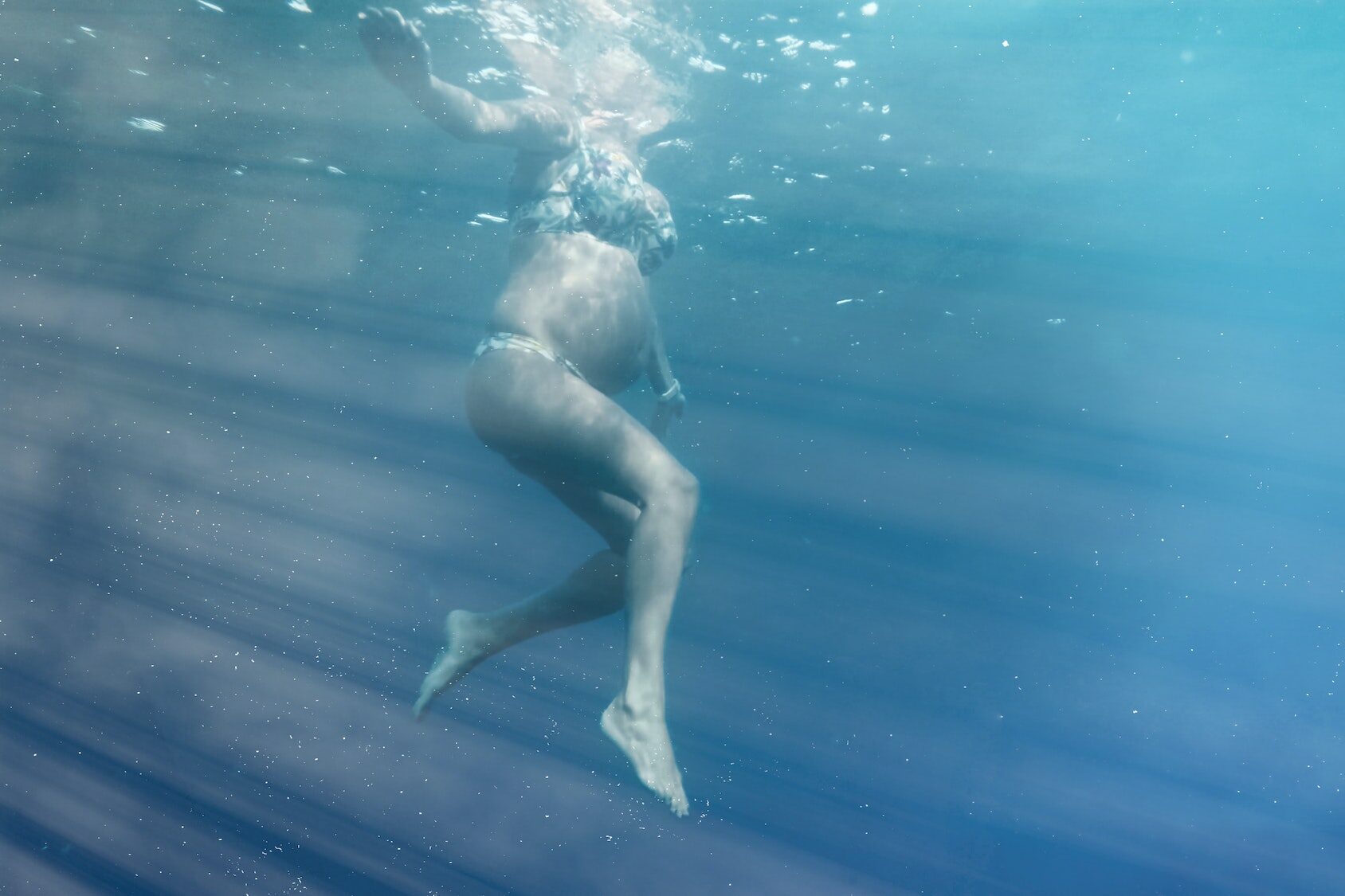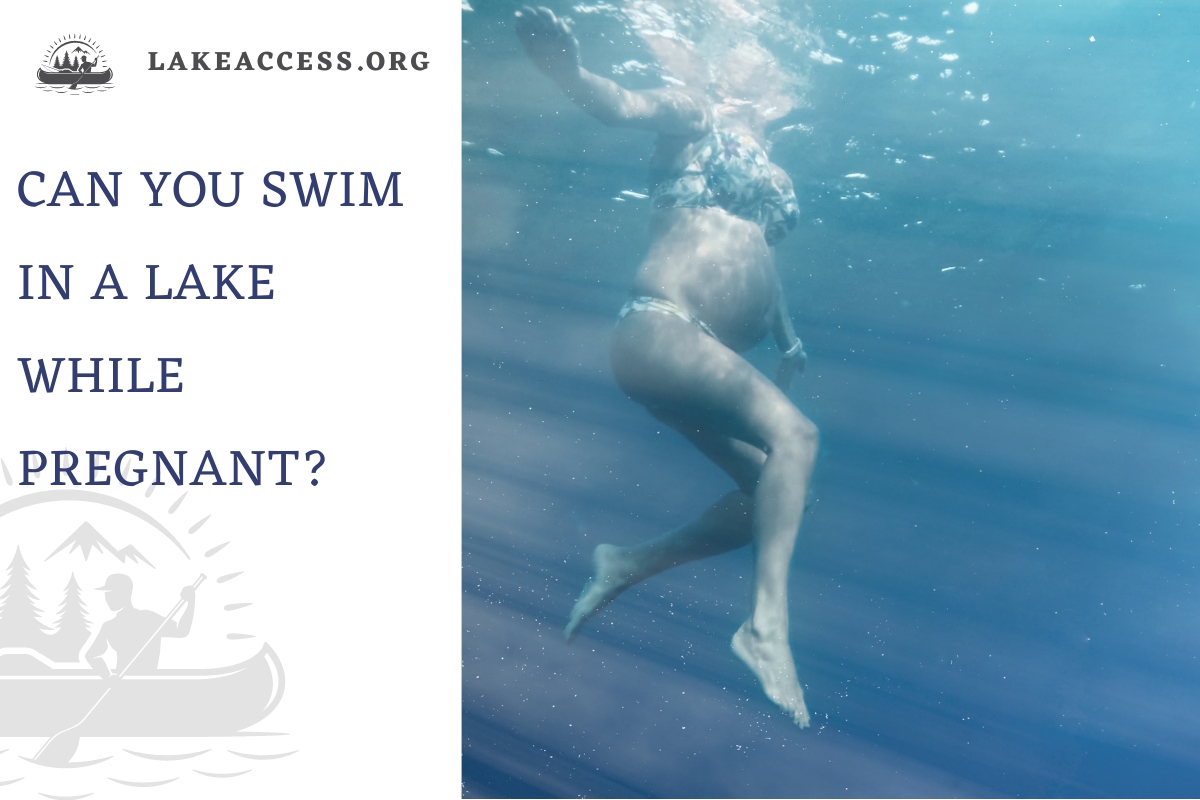Pregnancy is a remarkable period filled with joy and anticipation as a new life grows within a mother’s womb. However, it is also a time that requires careful consideration and adherence to certain restrictions and precautions to ensure the well-being of both the mother and the baby.
Among the many activities expectant mothers may ponder, a common question that arises is whether it is safe to swim in a lake while pregnant. In this article, we will delve into the benefits of swimming during pregnancy, outline the safety precautions to consider, and highlight other important aspects to keep in mind for a safe and enjoyable swimming experience.
Benefits of Swimming During Pregnancy
Swimming is a low-impact exercise that offers numerous benefits for pregnant women. Here are some key advantages:
1. Gentle on the Joints
The buoyancy of water reduces the strain on your joints, making swimming a comfortable exercise option during pregnancy. It can alleviate pressure on your back, hips, and pelvis, which are areas that often experience discomfort due to the weight gain associated with pregnancy.
2. Cardiovascular Workout
Swimming provides an excellent cardiovascular workout without putting excessive stress on your heart. It helps improve blood circulation, which is vital for both your and your baby’s health.
3. Muscle Toning and Strength
Swimming engages various muscle groups in your body, helping to tone and strengthen them. It particularly targets the arms, legs, back, and core muscles, which can support your changing body and promote good posture.
4. Stress Relief
The soothing properties of water can help reduce stress and anxiety, which are common during pregnancy. Swimming allows you to relax and unwind while enjoying the weightless feeling in the water.

Health risks of swimming in a lake while pregnant
There are several health risks when it comes to swimming in a lake while pregnant; some of these risks are listed below:
Bacterial Infections
Swimming in a lake while pregnant makes it possible to contract bacterial infections caused by germs such as E. coli, Salmonella, Shigella, and Listeria. These germs can cause gastrointestinal illnesses such as diarrhea, abdominal pain, nausea, and vomiting. Some of these infections may be more severe than others, depending on the type of germ involved and the severity of the infection. Pregnant women who come into contact with these germs in untreated water could potentially develop serious complications if left untreated.
Parasites
Parasites can be found in fresh and saltwater and can cause various illnesses in pregnant women, ranging from mild to severe. Some of the more common parasites that can be found in lakes include giardia and cryptosporidium. These parasites can cause diarrhea, vomiting, and dehydration, which can be dangerous for the mother and baby.
Chemicals
Swimming in a lake while pregnant can expose you to chemicals like chlorine and algaecides. These chemicals are used to treat the water and keep it clean for swimming purposes. While there is no evidence that these cleaning products harm pregnant women or their fetuses, it is still recommended that you exercise caution when swimming in lakes during pregnancy.
High chlorine levels have been associated with an increased risk of miscarriage, low birth weight babies, and other congenital disabilities. Additionally, algaecides have been linked with potential neurotoxicity risks for developing fetuses due to their ability to penetrate through the skin and into the bloodstream quickly once they come into contact with water or skin cells.
Stress on the Body
Swimming in a lake while pregnant can cause stress on the body due to the increased weight of the pregnant woman and changes in posture. This can lead to fatigue, muscle strain, and pain. The cardiovascular and muscular strength gained from swimming can balance out these effects, reducing stress on the body and releasing endorphins that relieve pain during pregnancy.
Fluid Losses
Swimming in a lake while pregnant can lead to fluid loss due to the cold temperature of the water and the increased heart rate caused by exertion. This can lead to dehydration, dizziness, fatigue, weakness, constipation, and nausea. It is also possible for an expectant mother to lose her balance when swimming in a lake due to changes in her center of gravity during pregnancy.
Sun Exposure
Exposing a pregnant woman to sunlight while swimming in a lake can lead to health risks such as sunburn, increased risk of skin cancer, premature aging of the skin, and eye damage. It is also possible that exposure to UV rays could result in genetic mutations that could lead to birth defects or developmental problems in the fetus. Furthermore, overexposure to UV rays can reduce supplies of vitamin D, essential for healthy bone development during pregnancy.

The Safety of Swimming While Pregnant
Is it safe to swim in a lake during pregnancy? The short answer is yes, it can be safe, but it comes with certain caveats. Let’s delve deeper into the safety aspects of swimming during pregnancy.
Consult Your Doctor Before Swimming
There is no definitive answer to whether swimming in a lake while pregnant is safe. Some doctors may recommend avoiding swimming altogether, while others may say it is fine if certain precautions are taken. The best thing to do is consult your doctor before deciding to swim while pregnant.
Wear a Maternity Swimsuit
It is important to wear a maternity swimsuit while swimming in lakes because it provides extra room for the growing belly and helps to protect against potential exposure of the stomach. These swimsuits also offer extra support for the belly and other features such as adjustable straps or padding around the waist area. This ensures that swimmers are comfortable in their suits while maintaining safety in case they need to lie down on their backs or practice backstroke movements. Additionally, many brands offer maternity swimwear lines that offer a variety of styles and designs that can suit any woman’s taste.
Avoid Cold Water
It is important to avoid swimming in cold water when pregnant because the body’s temperature-regulating mechanism is less effective during pregnancy. This can result in hypothermia, leading to significant health issues.
Stay Clear of Sharks and Other Aquatic Animals
There are many health risks to consider when swimming in lakes while pregnant, but one of the most important is avoiding contact with sharks and other aquatic animals. Although just a few lakes contain sharks, the risk is still present. Sharks are known to be attracted to blood, and pregnant women are especially at risk of attack. There have been several reported cases of shark attacks on pregnant women, so it is essential to take precautions when swimming in lakes.
Wear a Life Vest
It is essential to wear a life vest while swimming in lakes while pregnant because it can help to protect both the mother and the baby. Wearing a life vest will keep both individuals safe in case of an accident or emergency, such as getting caught in a current or sinking. Additionally, if there is an unexpected complication with the pregnancy, wearing a life vest can help ensure that both the mother and baby are quickly rescued from the water.
Stay Safe in Large Crowds
When swimming in large crowds, staying aware of your surroundings is important. Avoid swimming in areas with many people, as this increases your risk of injury. There is a risk of getting bumped or jostled in a crowd, potentially harming you or your baby. If you must swim in a large crowd, try to do it in a designated area and follow the safety guidelines that have been put in place.
Use a Swim Belt
Using a swim belt when swimming in lakes while pregnant is essential because it can help provide additional support and stability for the expectant mother. This helps reduce the risk of injury and fatigue and increases comfort and safety while swimming. Additionally, a swim belt provides extra buoyancy, making it easier for pregnant women to float on their backs or breastfeed in water without worrying about sinking.

Conclusion
In conclusion, swimming in a lake while pregnant can be a safe and enjoyable activity, provided you take the necessary precautions and listen to your body. Always consult your healthcare provider before embarking on any exercise routine during pregnancy. Remember that staying active can have numerous benefits for both you and your baby. So, go ahead and make a splash – just do it safely!
FAQs
Now that you have a better understanding of the safety and benefits of swimming during pregnancy, let’s address some common questions:
Is it safe to swim in a lake while pregnant?
Although there is no definitive answer, swimming in a lake while pregnant may pose some risks. Lakes can be contaminated with harmful bacteria and other pollutants that could harm the developing fetus. In addition, the water temperature in a lake can fluctuate, which could also pose a risk to the fetus. For these reasons, it is essential to consult a healthcare provider before swimming in a lake while pregnant.
What kind of swimsuit should I wear when swimming in a lake while pregnant?
When swimming in a lake while pregnant, it is advisable to wear a swimsuit designed to provide maximum comfort and support. For example, you may consider wearing a one-piece swimsuit or bikini that provides more coverage than a rash guard or tank top.
When swimming in a lake while pregnant, choosing a suit that fits well and offers maximum support for your changing body shape is essential. Opt for one-piece suits with adjustable straps or ties to ensure an optimal fit throughout your pregnancy. Additionally, look for materials such as spandex, which are explicitly designed to stretch with movement without losing their shape or elasticity over time.
Are there specific swimming techniques I should avoid while pregnant?
There are a few specific swimming techniques you should avoid while pregnant:
Avoid any strokes that require you to lie on your back for extended periods.
Be careful with flips and turns.
Take extra care when getting in and out of the pool.
Avoid swimming in cold water.
Be sure to stay hydrated while swimming by drinking plenty of water before and after your swim.
Is it safe to dive while pregnant?
No, it is not safe to dive while pregnant. Diving can put unnecessary stress on your body and potentially harm you and your baby. If you are pregnant and want to swim, sticking to shallow waters where you can easily touch the bottom is best.
How can I protect myself from bacteria and other germs in the lake while pregnant?
There are a few things you can do to protect yourself from bacteria and other germs in the lake while pregnant:
– Avoid swallowing any water, even if it looks clean.
– Avoid swimming in areas with a lot of algae or other plant life.
– Wear a nose clip or keep your mouth shut while swimming.
– Avoid hot tubs, saunas, or any other body of water that is not well-chlorinated.
What should I do if I feel overheated or uncomfortable while swimming in a lake while pregnant?
If you feel overheated or uncomfortable swimming in a lake while pregnant, you should immediately stop and get out of the water. Monitor your heart rate to ensure it does not increase above normal levels. Drink plenty of water and rest in a cool environment until you feel better. If you still don’t feel good after resting, call your doctor.
Are there any signs I should stop swimming?
If you experience dizziness, shortness of breath, chest pain, vaginal bleeding, or fluid leakage, stop swimming immediately and seek medical attention.
Can I swim in any trimester?
Swimming is generally safe throughout pregnancy, but some women find it most comfortable during the second trimester.

